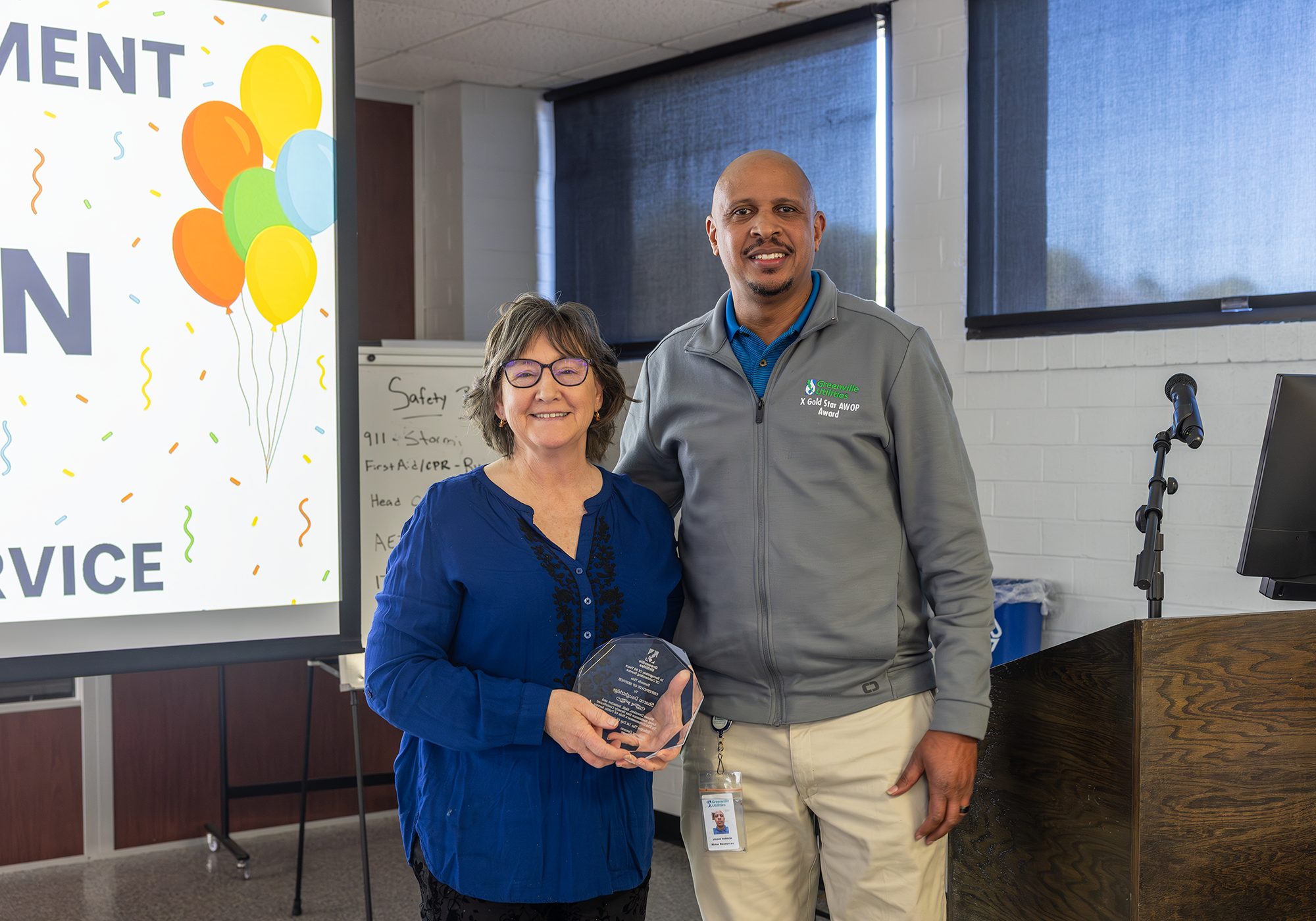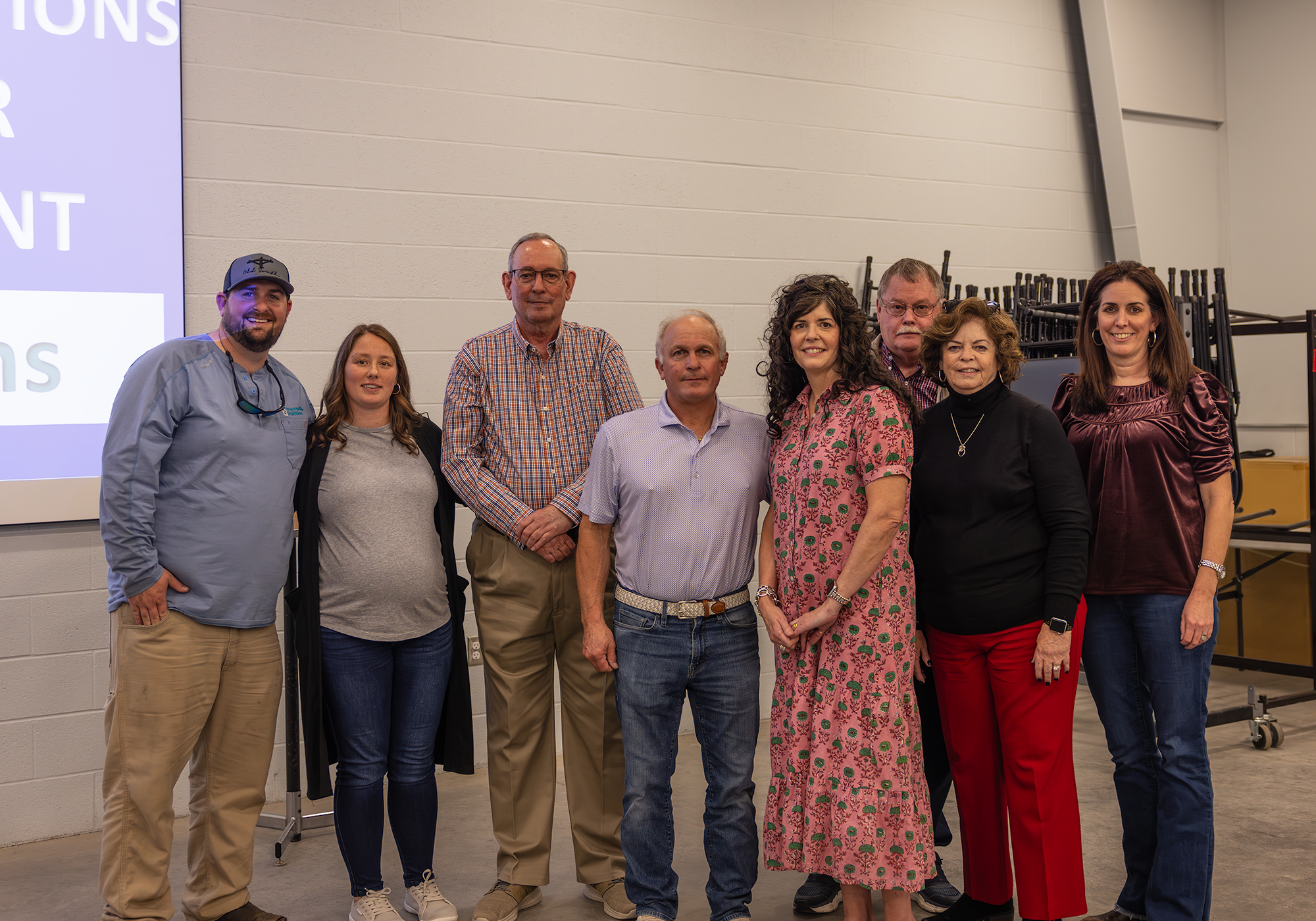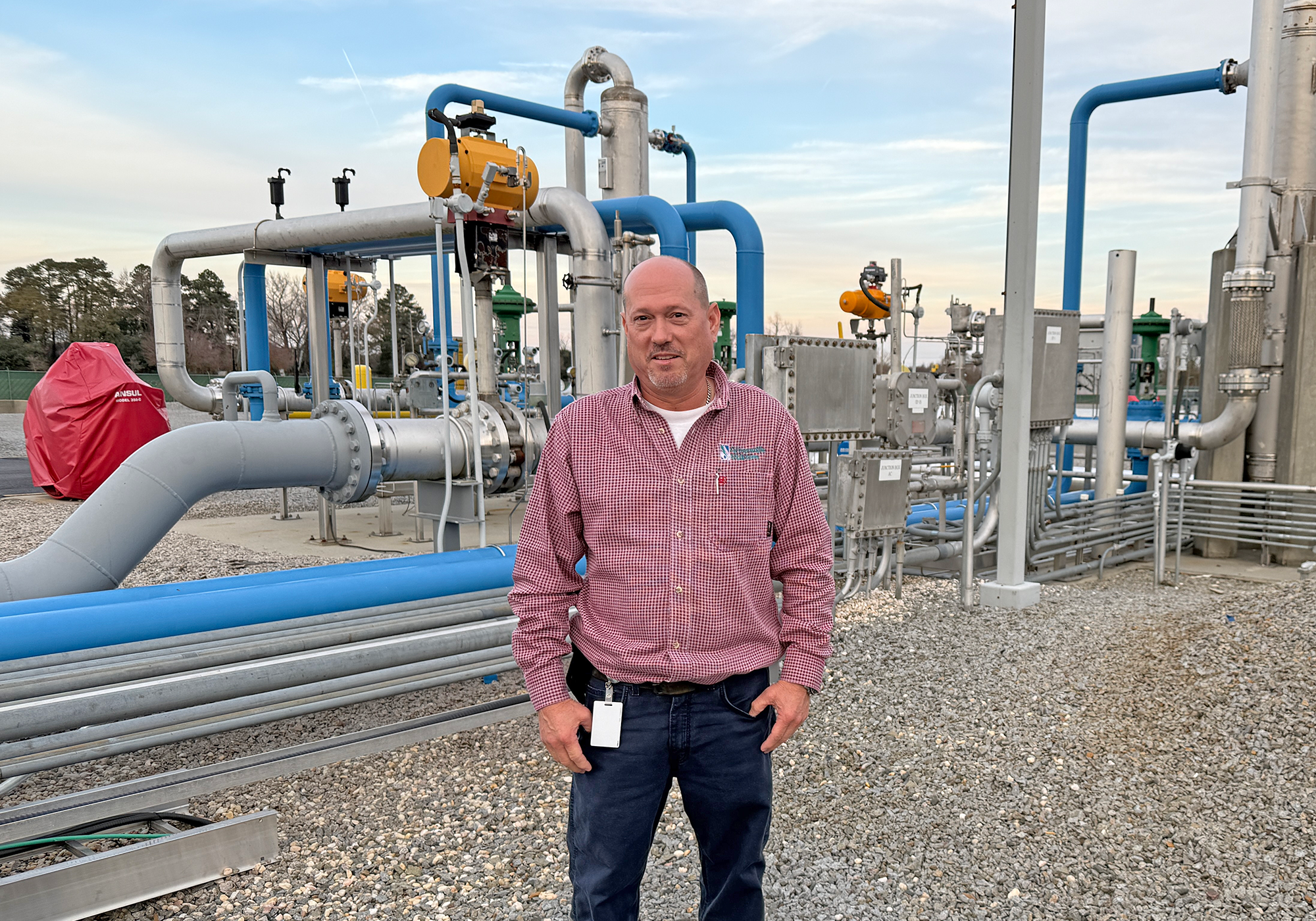
October is Breast Cancer Awareness Month, a great time to share how the GUC Clinic can assist employees with cancer prevention and screenings. We sat down with Dr. Terryberry to learn more. Here is what he shared:
What can we do for ourselves in terms of cancer prevention?
I like to break this into three categories: awareness, lifestyle choices, and screenings. With awareness, learn your family history. If there’s a cancer history, talk to us so we can assist with the screenings you should focus on and at what age. Awareness helps you with lifestyle choices, some of which could further increase the cancer chances you may already have due to genetics.
Which lifestyle choices can increase cancer risk?
Carcinogenic use such as vaping, smoking, chewing tobacco, and alcohol is a prime example of a lifestyle choice that increases our chances of developing cancer. Using more than one of these substances can further increase chances. Alcohol in conjunction with smoking, for example, can exponentially increase the chances of esophageal and stomach cancer.
What types of cancer screenings are available?
There are lots of screenings depending on your family history and lifestyle. It’s recommended that smokers and former smokers get an annual, low-dose CT scan of the chest. All women should get pap smears and mammograms, but the frequency depends on age and genetics. Monthly self-breast exams should also be done, and I encourage women to be aware of the timing of self exams. We have information at the Clinic to assist. Men should perform monthly testicular self-exams. Colonoscopies and prostate screenings also depend on age and genetics. Skin cancer screenings should be performed annually, especially for those who spend extra time outdoors or live in warmer climates like we do.
Can the GUC Clinic assist with screenings?
Absolutely. We can do skin cancer screenings, run certain blood tests like PSA for prostate screening, and assist with breast exams, which include men. I always encourage people to come to the Clinic if anything looks or feels different. If we think you need additional tests outside of what the Clinic can do, we will order the tests or refer you to a specialist. We are local and have working relationships with local doctors, so we know exactly where to send employees for specialty care.
I want to remind employees that GUC pays you to get an annual physical here at the Clinic. Please don’t forget to do that, because we could see something that you think is fine when it’s not. The GUC Clinic has minimal delays to be seen, so take advantage of this benefit.
A Clinic Success Story
Tracy Colville, Water Resources Systems Operations/Maintenance Crew Leader, found a 1-inch knot on his chest during the summer. He assumed that it would eventually go away, but a week later it was still there. Tracy went to see Dr. Terryberry at the GUC Clinic.
Dr. Terryberry suspected it could be cancerous and sent Tracy to Eastern Radiology for a mammogram and ultrasound. The tests showed what was suspected of being a highly malignant form of breast cancer, but only a biopsy would confirm those suspicions.
“I couldn’t get an appointment for three weeks,” Tracy said. Dr. Terryberry believed the timeframe was too long to wait for the biopsy and told Tracy he would make a call. “The next day I had an appointment for a biopsy.”
The diagnosis was invasive ductal carcinoma. According to the Mayo Clinic, this is the most common form of breast cancer in males, and only around 2,800 men are diagnosed with breast cancer annually in the United States. The American Cancer Society estimates that about 19 percent [530] of those men will die.
Post-diagnosis, Tracy underwent genetic testing to determine if he was a carrier of the breast cancer gene. To his relief, he is not and will not pass it down to his children. Because of the rarity of breast cancer in men, this had not been a concern for Tracy. His timely visit to the GUC Clinic is what afforded him a positive prognosis.
“He really helped me out,” Tracy said about Dr. Terryberry. “You might want to go over there. They have ways to get you the health services you need sooner.”
Within a month, Tracy received a diagnosis and had the cancerous mass removed. Currently, he is doing well and undergoing physical therapy to help with side effects of the surgery.
“I can’t really complain about that. At least I am living,” he said.






